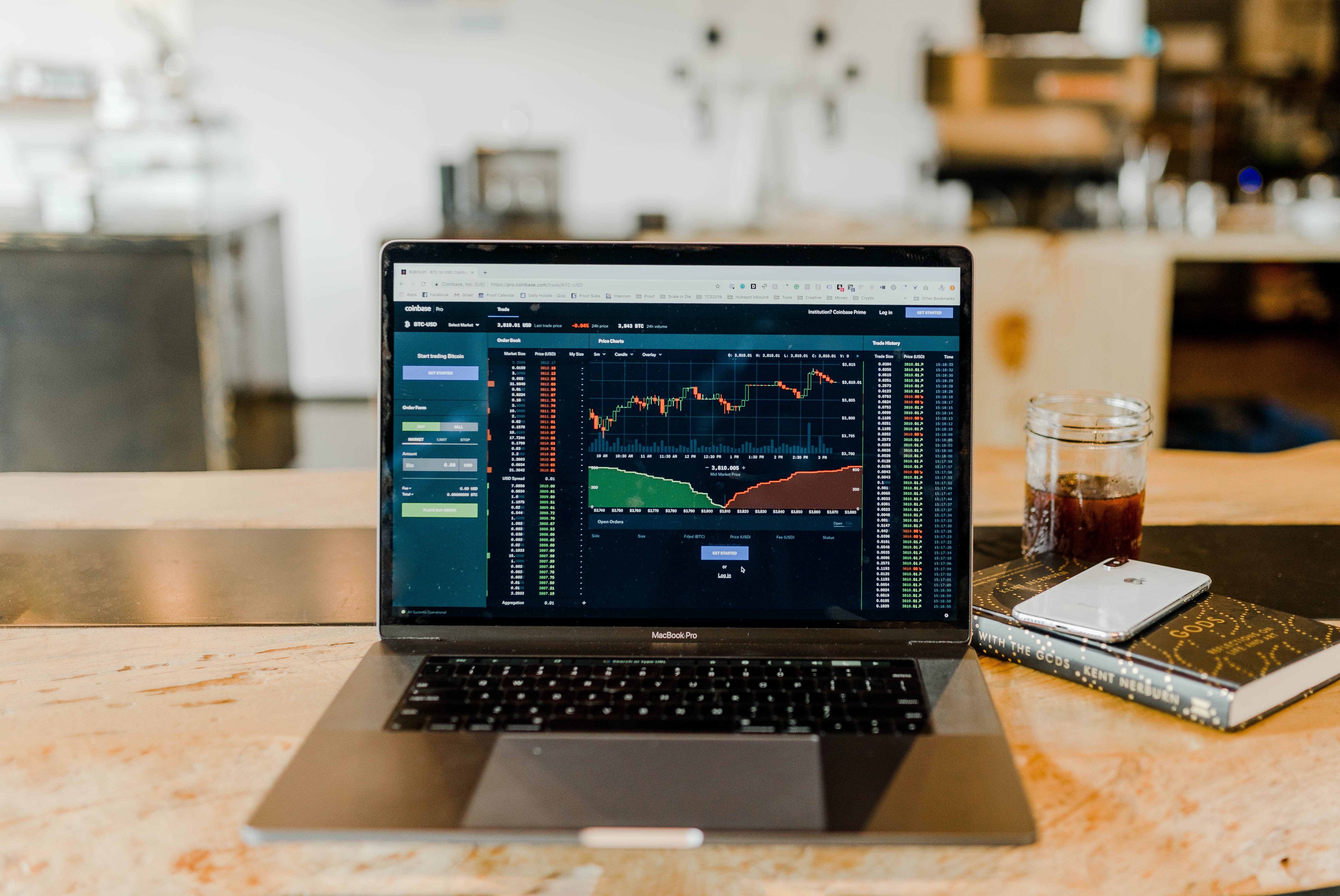
Capital markets are driven by the pursuit of profit, and the desire to achieve this goal often leads to short-term thinking. This approach is focused on immediate gains rather than long-term sustainability, and it can have negative consequences for both individual investors and the market as a whole.
One of the main problems with short-term thinking in capital markets is that it can lead to volatility and instability. Investors who are focused on quick profits may sell off their holdings at the first sign of trouble, leading to a downward spiral in asset prices. This can create a cycle of panic selling and further price declines, as investors seek to minimize their losses.
Another issue with short-term thinking is that it can discourage companies from making investments in research and development, or from taking other actions that may not pay off in the short term but could be beneficial in the long run. This can stifle innovation and hinder the growth of the economy.
Finally, short-term thinking can also contribute to income inequality. Many individual investors do not have the resources or knowledge to compete with professional investors, and may end up losing money as a result of short-term market fluctuations. This can create a divide between those who are able to profit from the market and those who are not.
There are ways to mitigate the negative effects of short-term thinking in capital markets. One approach is to encourage long-term investment strategies, such as the use of index funds or other diversified portfolios that are designed to weather market ups and downs. Additionally, regulatory measures, such as those that impose fees on short-term trading or require companies to disclose more information about their long-term plans, can help to discourage short-term thinking.
Ultimately, the key to fostering a more sustainable and stable capital market is to shift the focus from short-term profits to long-term value creation. By taking a more holistic approach to investing, individuals and companies can help to build a market that is better able to weather economic storms and promote the overall growth and prosperity of the economy.
Photo by Austin Distel on Unsplash




